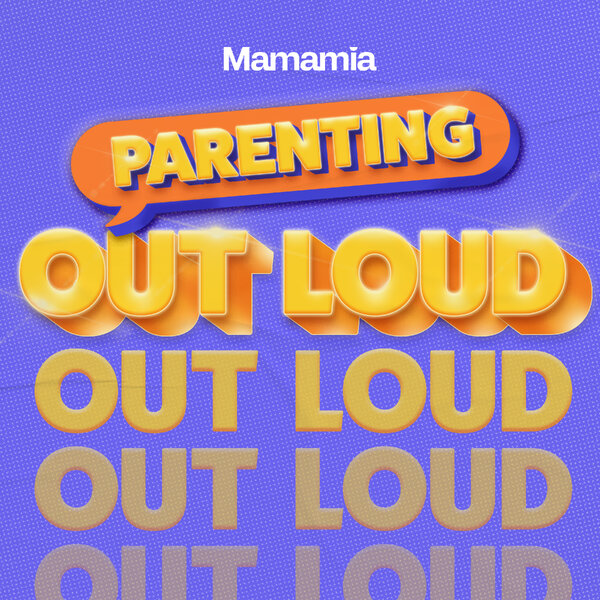A “three-person baby” may be Alice Gibson’s only hope of having a child.
The 28-year-old, who married her partner Peter last year, has always planned to have children.
“I think it’s pretty normal, you kind of picture yourself together, having a family. We talk a lot about what kind of parents we want to be, or how we want to bring up people,” says Alice.
The pair have been together for six years, but a few months ago she was diagnosed with mitochondrial disease.
“I don’t know exactly what type I have at the moment, which is why I have to have genetic testing, and that will let me know if I have a type I can pass on, or won’t pass on, to any future children,” she tells Mamamia.
Mitochondrial disease (or mito disease) is a debilitating genetic disorder that robs the body’s cells of energy, causing multiple organ dysfunction or failure and potentially death.
Most patients have a genetic mistake or mutation in the mitochondrial or nuclear DNA.
The condition can be inherited from the mother, the father or both parents, or can arise as a spontaneous genetic mistake at conception.
Alice had already experienced a couple of serious bouts of pain leading up to diagnosis.
"Just over a year ago, the pain came back and just wouldn’t go away. For me, it started through my joints, and moved into my muscles and through my whole body. So basically, I have pain every day, and weakness and fatigue," says Alice.
Alice's body doesn’t produce energy normally and although she works full time, she often feels very fatigued.
"My husband and I would love to have children, but for us, because of the timing of the diagnosis, we have to do the genetic testing.


Top Comments
I would be rethinking the decision to have children. Apart from the genetic issues, it sounds like she can only just cope with full time work. Bringing a baby into the mix with a chronic health condition that leaves her with extreme fatigue all the time is a recipe for disaster.
That is a very narrow view. I'm disabled and chronically ill and have a child. He is loved, cared for, and happy. Yes, it isn't easy, but my healthy able bodied friends don't find parenting easy either. Our family set up isn't typical, as I need help to care for myself at times and I'm not able to care for him without help, but it works for us. I know many families with one sick or disabled parent and there are as many ways to make it work as there are families. From what I've seen, our kids turn out well, some even suggest they have a greater sense of empathy and responsibility. One thing that most of the chronically ill parents I know talk about is that while they aren't able to participate in sporting events and outings to the same extent as healthy parents (though working parents are often unable to do that either), their relationships with their children are very strong as they are home and able to give time and attention to their kids. If she wants to be a mother and this technique offers her that possibility, I hope she and her partner are able to have a child. Our child has brought such joy into our lives, I wish the same for her.
What is your expertise on this matter?
Just going by what she's already told us in the article. If she's already exhausted by full time work due to her medical condition, a baby is going to make things 100x worse.
In the article, you'll also note that she expresses a desire to become a parent and plans to do so when it's possible to avoid passing her genetic illness on (if it turns out it can be passed on). She's being responsible toward her child before it is even conceived. She knows her own condition better than you do. Why should she rethink simply because your view of parenting doesn't include a mother who is fatigued and chronically ill? She is capable of being a mother, the way she fulfills that role may just look a little different from the outside.
Like many mothers, she may not continue working full time, or she may use daycare, or she may have family who helps, or the father may be the primary carer and she'll continue full time work. There are so many possibilities, it's not even worth speculating because there are so many options, but you've chosen to just say she should rethink and not have kids.
People who are chronically ill are constantly told what they should/shouldn't or are/aren't capable of doing by complete strangers with no understanding of their personal situation.